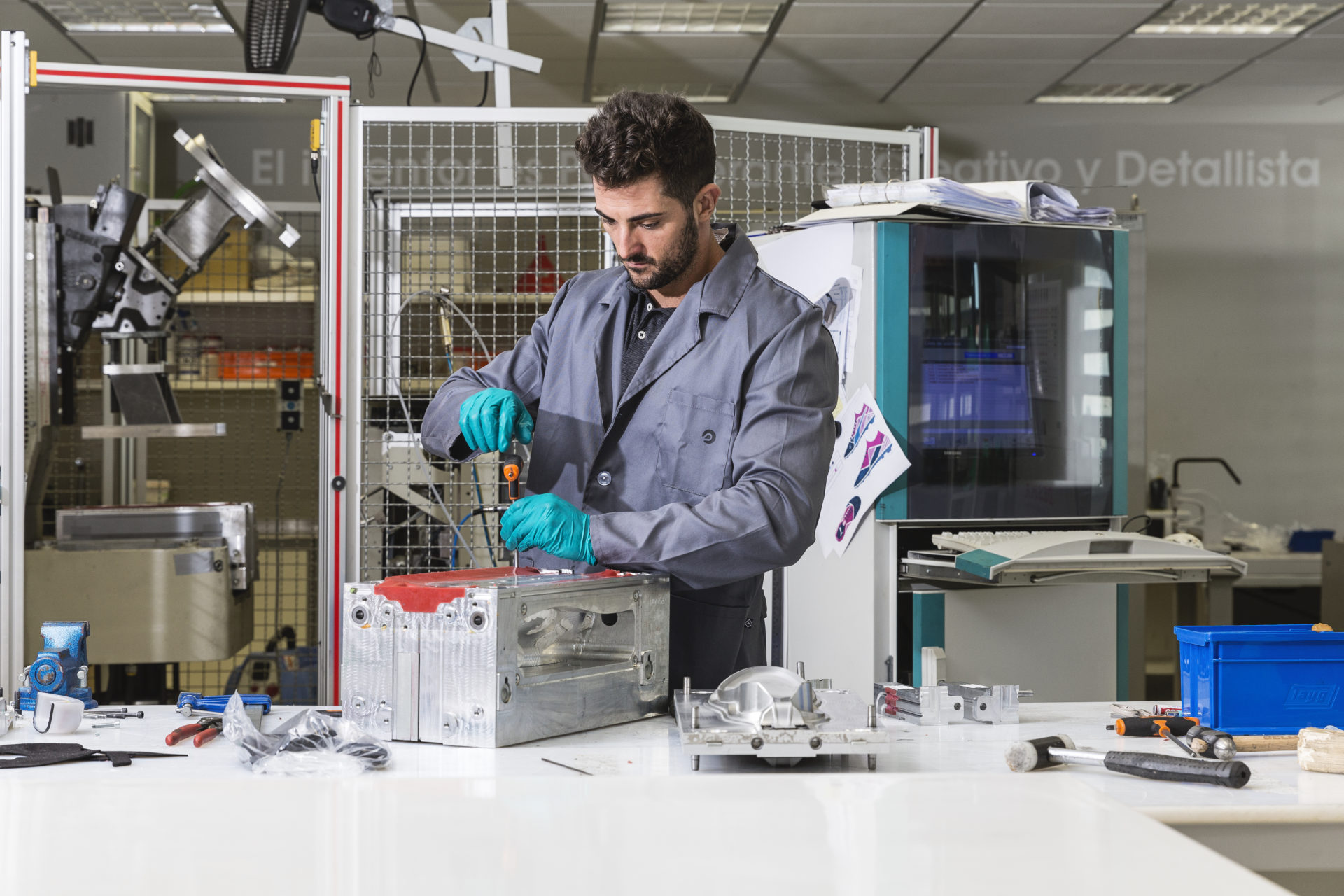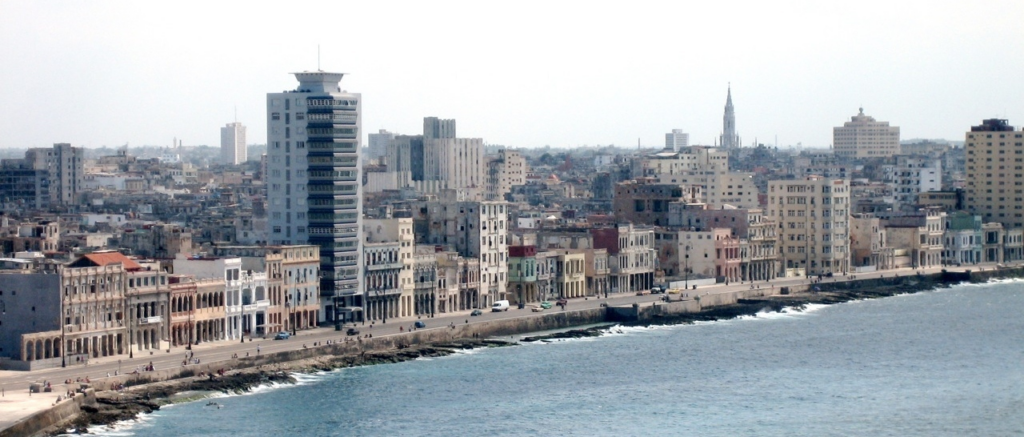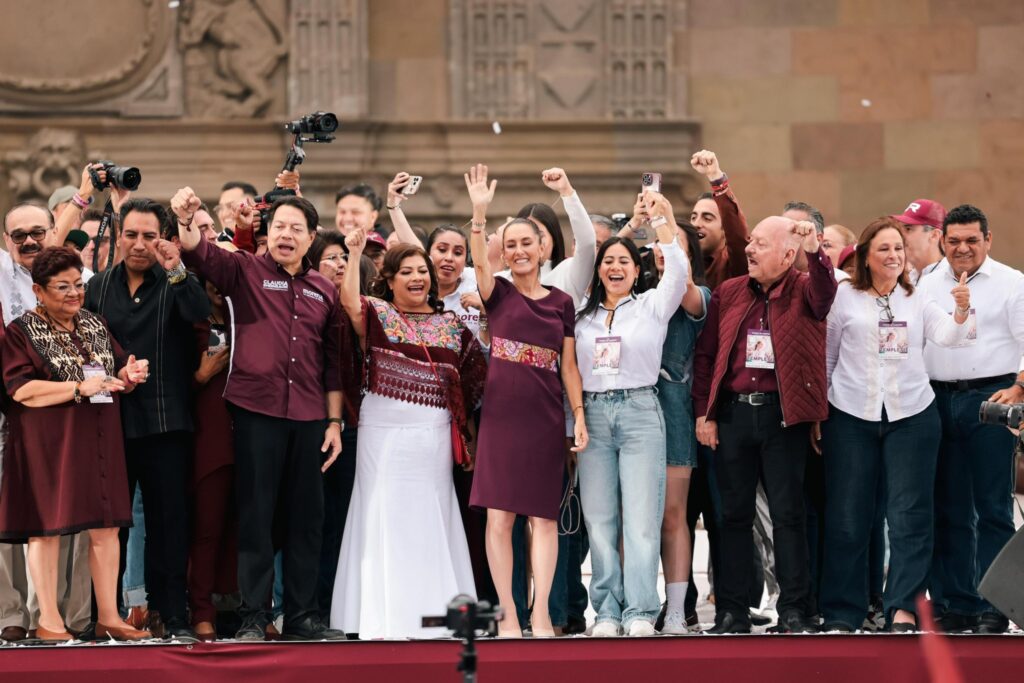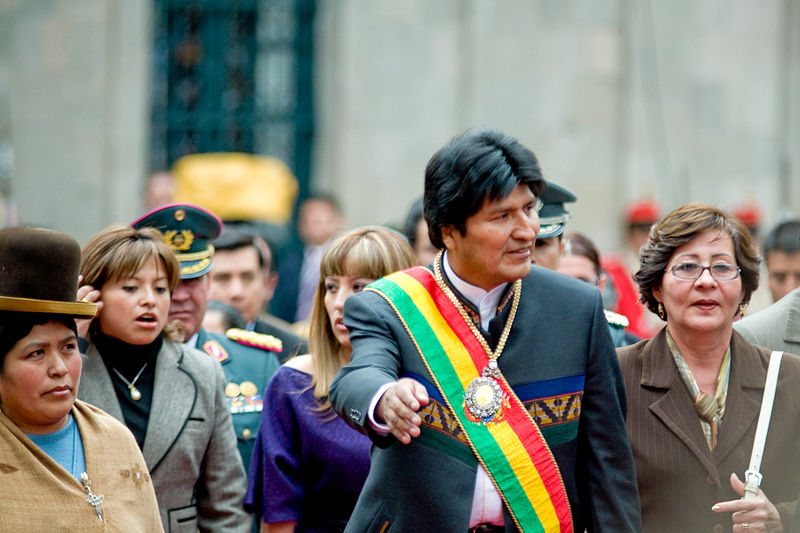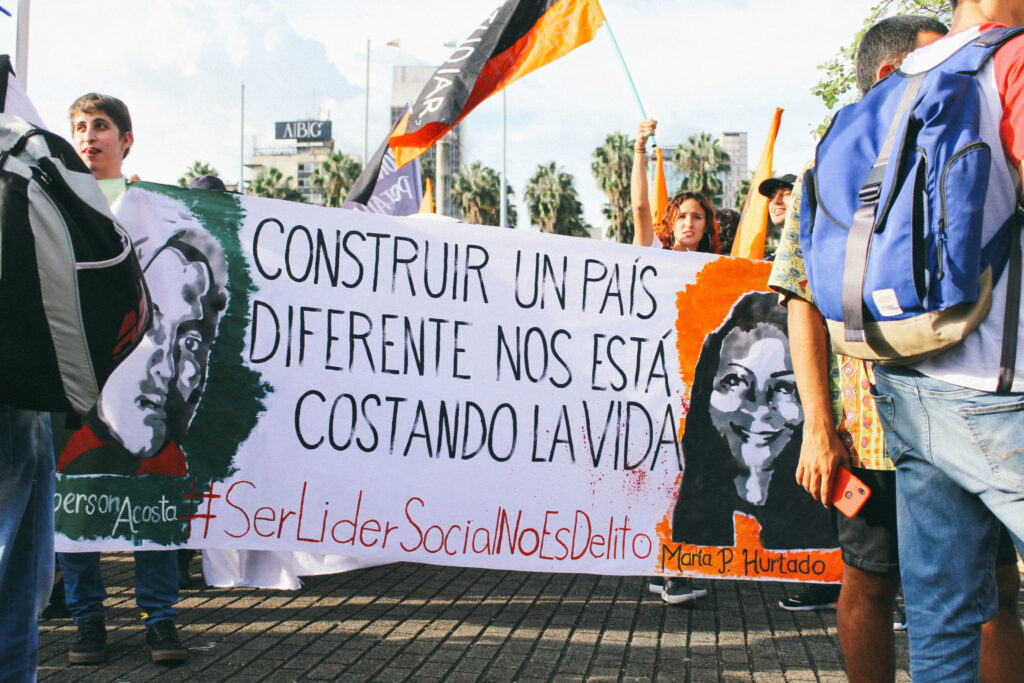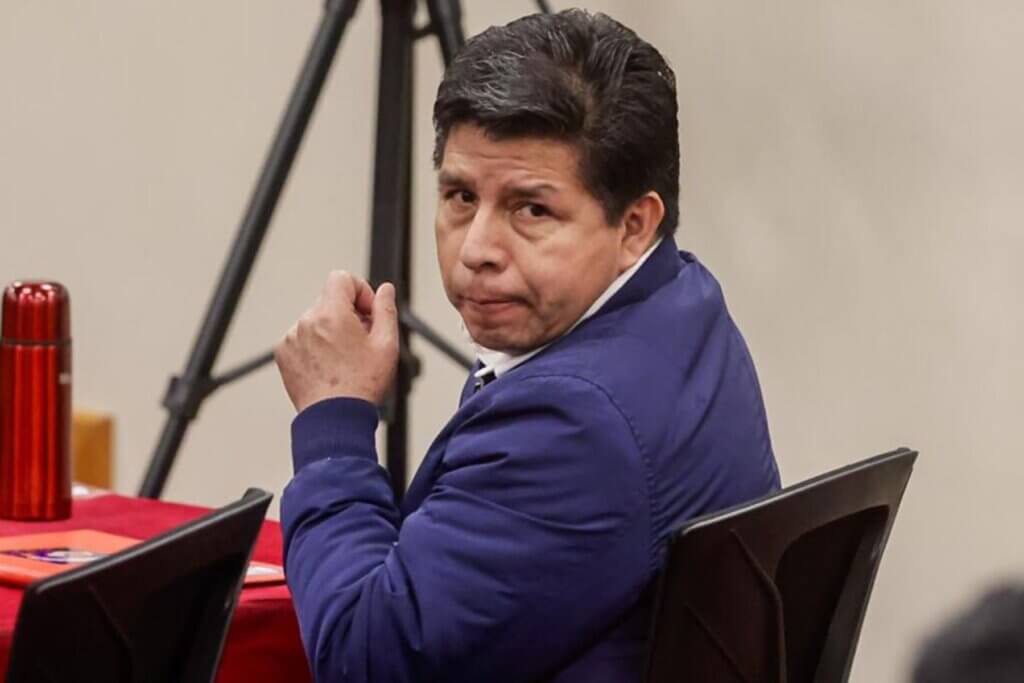The footwear industry has a disproportionately large carbon footprint. Combined with apparel, the two industries generated between five and 10 percent of global pollution impacts in 2016, according to sustainability metrics published by Quantis International.
The lifecycle of a shoe begins with the extraction of raw materials, which are then processed and then used to manufacture the shoe itself. The footwear is then assembled, packaged, and transported to its sale destination and then eventually disposed of by its owner when it becomes either damaged or unwanted.
Footwear manufacturing methods — such as stitching, glueing and welding — have existed for centuries and are still used today. And Venezuela-born shoemaker-turned-entrepreneur Adrian Hernandez argues that this sequential production line is unsustainable and outdated.
Hernandez is the CEO and founder of Simplicity Works, a company that aims to disrupt the footwear and apparel industry using new ‘3D bonding’ technology.
Growing up in Venezuela, Hernandez spent his summers from the age of 15 working in shoe factories alongside his father, who emigrated to Venezuela from the Canary Islands in the 1960s. At 22, he began working at the family shoemaking business and spent five years working his way up to the position of operations manager in the factory.
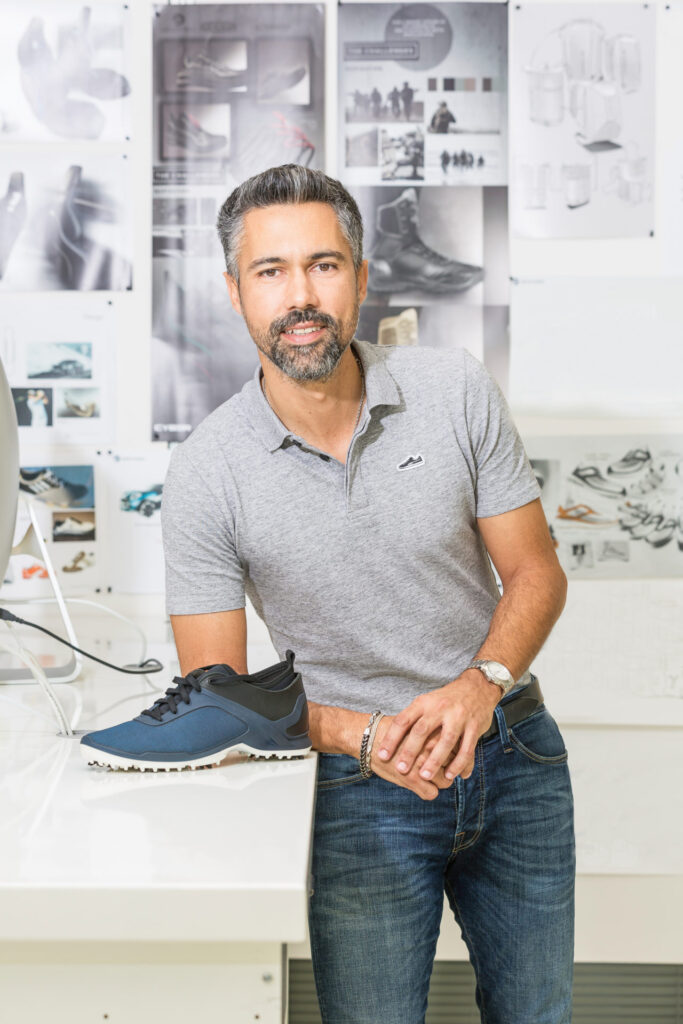
“I liked the factory atmosphere,” he told Latin America Reports. “It’s quite easy to engage with shoe making, because you see the results of the products you design easily,” he added.
Hernandez’s early professional years coincided with Venezuela’s shoemaking boom, during the early-to mid-1990s. At the height of the boom, the country was producing around 47 million pairs of shoes per year, he said.
However, when socialist former Venezuelan president Hugo Chavez came to power in 1998, Hernandez sensed drastic political and economic change on the horizon. In 2000, he decided to pursue dreams of studying in Europe.
Sure enough, after around a decade of leadership, Chavez’ economic policies became unstable and Venezuela began to enter into economic decline. As inflation, poverty, and shortages increased, the footwear manufacturing industry also began to plummet. Factories began to close and manufacturing rates fell to less than 10 million pairs of shoes per year. As a result, Venezuela began to rely heavily on products from Asia and the United States.
Hernandez, however, intends to rescue this broken industry. The 3D bonding technology he has developed in Simplicity Works, he says, can make the process both more time efficient and sustainable.
Instead of the traditional methods of assembling footwear, the ingredients (leather, wood and metal) are poured into a 3D mold, to which polymer is injected: joining one ingredient to the other simultaneously, as opposed to one by one. As this process is done using automated technology, less labor is required, making it quicker.
3D bonding, Hernandez says, also consumes less energy, water and chemicals, as well as reducing leather consumption by over 50%. Simplicity Works’ zero-waste policy, together with its use of biopolymer, means that this method has 13% less carbon footprint than traditional shoemaking.
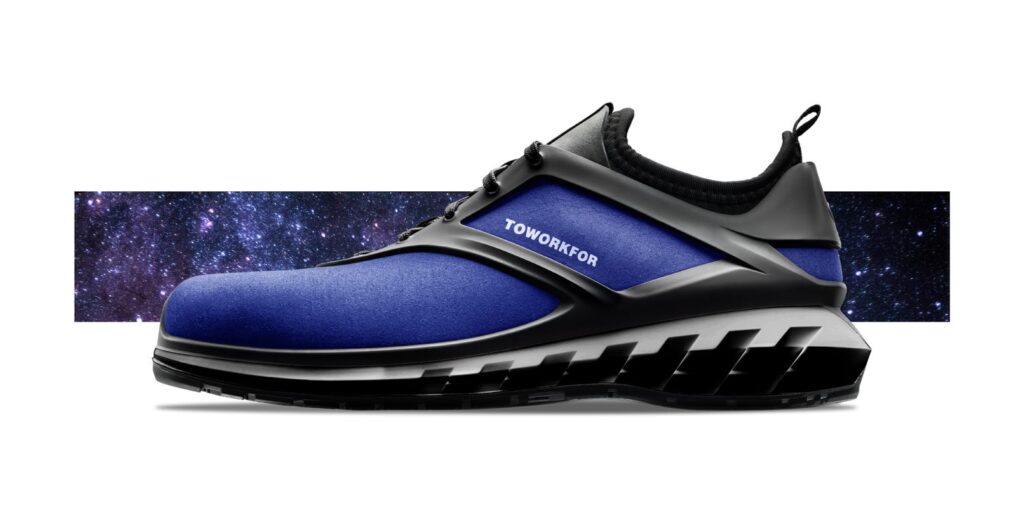
Hernandez hopes to apply this new manufacturing approach to the region of Latin America, a region he believes will benefit from Simplicity Works’ ‘local for local’ pledge. With the new technology less dependent on labor, production costs will be cheaper, he says. As a result, countries like Venezuela will no longer need to look to Asia for cheaper ways of either outsourcing labor or importing footwear.
By encouraging an in-country model of production, manufacturing, and purchasing, Hernandez hopes the footwear industry will be able to employ local workers and invest profits back into local economies. And, all the while, assert less damage on the environment.
Even though Hernandez is ready to sell his new technology to footwear companies in some Latin American countries, he feels that it is not yet the moment to bring it to his home country of Venezuela.
“It needs a different government, less corruption … industry, tourists, culture,” Hernandez said, listing the building blocks he believes need to be in place before Venezuela will be ready to benefit from such technology. He stressed the need for international intervention in order for this to be able to happen.
In the meantime, Hernandez intends to try and sell his technology in the Mexican market, with the help from connections in both the United States and Panama. He also sees potential demand for the technology in Brazil, Colombia and Ecuador, all countries rich in raw materials used to manufacture shoes.


